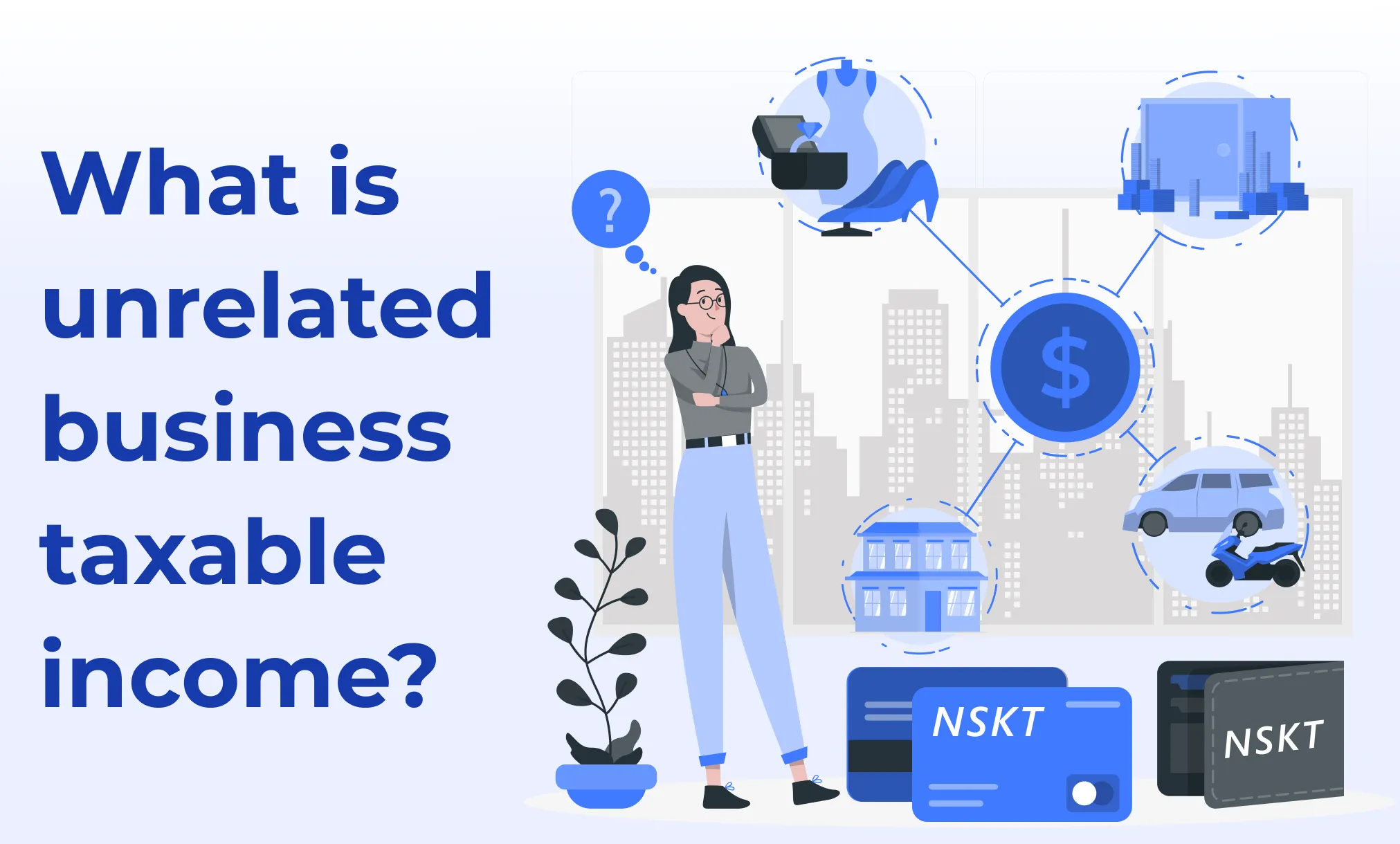Table of Contents
There are several organizations such as non-profit organizations or educational organizations that are exempted from paying taxes. Still, they may have to pay taxes on their unrelated business income. Unrelated business income is the income that is generated from a trade or business which is being regularly done. The income should not be generated from charitable, educational, or other purposes as these incomes are exempted from the taxable income. Unrelated business taxable income was introduced in 1950 to make sure that tax-exempted businesses compete fairly with taxable companies in profit-generating activities. Furthermore, unrelated business taxable income prevents or limits tax-exempt entities from engaging in businesses that are not related to their primary business purposes. Most forms of the passive income generated by a tax-exempt organization including interest income, dividends, and capital gains from the exchange or sale of capital assets, are not treated as unrelated business taxable income.
If an investor holds an Individual Retirement Arrangement (IRA) that simply invests in traditional equities, mutual funds, and ETFs, the unrelated business taxable income rules will most likely not apply. However, if the fund generates income that qualifies as unrelated business taxable income, the fund may be subject to taxation.
Some of the examples of unrelated business taxable income include:
- Income from a restaurant business that flows into an Individual Retirement Arrangement (IRA) is considered taxable and subject to unrelated business taxable income.
- Buying and selling a significant number of real estate properties in a year is considered subject to unrelated business taxable income.
- Making multiple private loans within a given year is subject to unrelated business taxable income.
- Conducting operations in businesses—such as restaurants, convenience stores, lodging inns, gas stations, etc.—that generate active income and are operated through a pass-through entity, such as a limited liability company (LLC) or master limited partnership (MLP) are subject to unrelated business taxable income.
- Using margin on a stock purchase is also subject to unrelated business taxable income.
Apart from this, there are several categories that come under the unrelated business taxable income and need to pay the tax under some circumstances such as:
- Income generated from eligible taxable activities is subject to an estimated tax of up to 37% on income over $12,750.
- An exempt organization that has $1,000 or more of gross income from an unrelated business must file additional tax with the IRS through Form 990-T.
- An organization must pay an estimated tax if it expects its tax for the year to be $500 or more.
Unrelated business taxable income was implemented by Congress in 1950 to help fight the unfair competitive advantage of tax-exempt organizations over commercial for-profit entities.
NSKT Global is a consulting firm that helps businesses file taxes with all the possible deductions. Though businesses have to file taxes once a year, the process can be complicated. So, one of the best things a small business can do is outsource the tax services from NSKT Global to get the best tax services for your small services.



